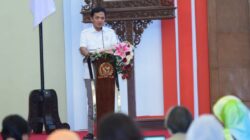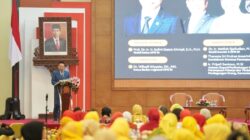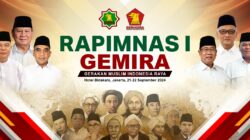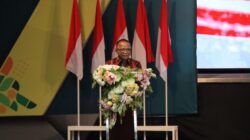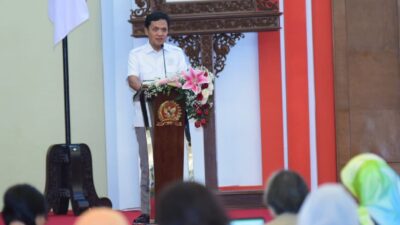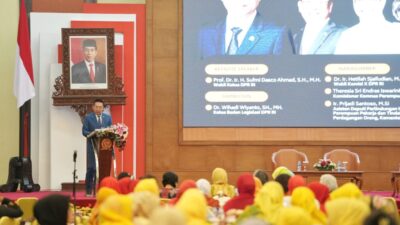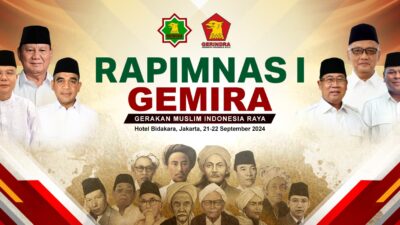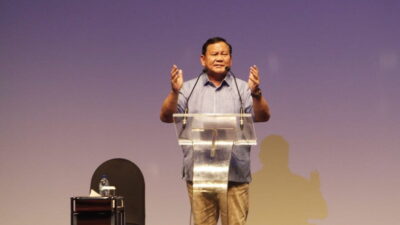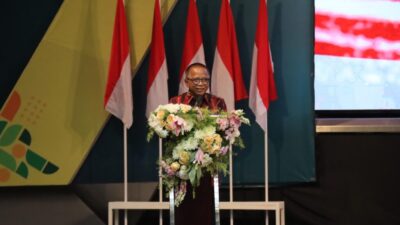The political landscape in Indonesia is heating up as the 2024 presidential election looms on the horizon. Three prominent figures have emerged as potential candidates for the highest office in the country: Ganjar Pranowo, Anies Baswedan, and Prabowo Subianto. Each of these individuals brings a different set of strengths and weaknesses to the table, and their potential candidacies have sparked intense debate and speculation among the Indonesian population.
Ganjar Pranowo, the current governor of Central Java, has earned a reputation as a pragmatic and effective leader. With a background in agriculture and rural development, Ganjar has focused on improving the lives of the people in his province through sustainable and inclusive policies. His track record of good governance and commitment to social welfare has garnered him a strong support base, particularly among the working-class and rural communities. Ganjar’s ability to connect with the common people and his emphasis on fair and inclusive policies have made him a popular figure in Indonesian politics.
Anies Baswedan, the current governor of Jakarta, is a well-known figure in Indonesia’s political landscape. A former Minister of Education and Culture, Anies has been praised for his efforts to revitalize public education and promote cultural diversity. His initiatives to improve public transportation and infrastructure in Jakarta have also received positive feedback. However, Anies has faced criticism for his handling of the COVID-19 pandemic, with some accusing him of mismanagement and inadequate response. Despite this, Anies remains a formidable contender for the presidency, with a strong base of supporters in Jakarta and urban areas.
Prabowo Subianto, a former general and the leader of the Gerindra Party, has a long and controversial history in Indonesian politics. Known for his military background and nationalistic rhetoric, Prabowo has positioned himself as a strong advocate for national security and economic independence. However, his past human rights abuses and autocratic tendencies have raised concerns among his critics. Prabowo’s fierce stance on issues such as corruption and foreign investment has garnered him support among conservative and nationalist groups, but has also alienated many others who are wary of his authoritarian leanings.
The potential candidacies of Ganjar, Anies, and Prabowo have created a dynamic and competitive atmosphere in Indonesian politics. Each candidate brings their own unique vision for the country’s future, as well as their own set of challenges and controversies. As the 2024 presidential election approaches, it is clear that the Indonesian people will have to carefully consider the strengths and weaknesses of each candidate in order to make an informed decision about the future direction of their country. The election promises to be a pivotal moment in Indonesia’s political history, and the outcome will undoubtedly have far-reaching implications for the nation’s future.

